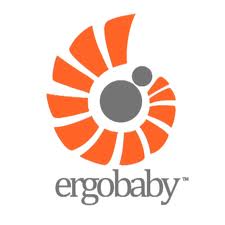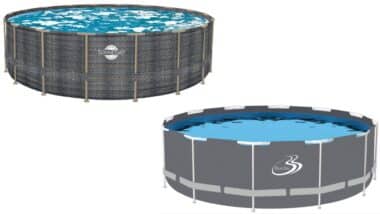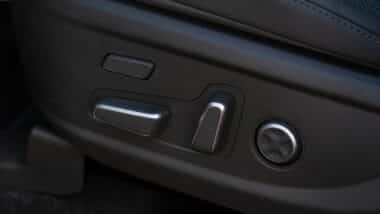 A class action lawsuit accusing Ergo Baby Carrier Inc. of misleading consumers with the claim that one of its baby carrier products is usable for newborn children when it actually requires an additional insert to carry children that weigh less than 12 pounds was filed Oct. 28 in California state court.
A class action lawsuit accusing Ergo Baby Carrier Inc. of misleading consumers with the claim that one of its baby carrier products is usable for newborn children when it actually requires an additional insert to carry children that weigh less than 12 pounds was filed Oct. 28 in California state court.
Jessica Lloyd of Los Angeles filed the class action lawsuit, claiming that Ergo Baby’s Organic Baby Carrier contained a hidden warning label indicating that consumers would need to purchase an additional insert to carry a child weighing less than 12 pounds even though the product was advertised as being suitable for newborns.
While Lloyd was pregnant, she says she visited Babies “R” Us in search of a baby carrier that she could use to carry her child from birth. According to the class action lawsuit, she added the Ergo Baby Organic Baby Carrier to her registry under the belief that she would be able to use it to carry her newborn child. When she received the carrier in the mail, she says she was surprised to find a warning label indicating that the carrier was suitable only for children who weighed 12 or more pounds, and that she would need to purchase an additional insert to make it usable for a newborn.
In her class action lawsuit, Lloyd says that Ergo Baby “unfairly, unlawfully, and misleadingly names and advertises its product as a Baby Carrier and as usable from birth. That is not true. In fact, the Defendant’s Baby Carrier cannot be used to carry a baby under 12 pounds.”
Lloyd also argued that the categorization of the insert as a “carrier accessory” misled consumers because accessories are typically meant to enhance a product, not serve a necessary function. In the case of the Ergo Baby Organic Baby Carrier, the insert was necessary to adapt the carrier for newborns and small infants. She argues in her class action lawsuit that the true cost of the baby carrier included the cost of the infant insert.
“By hiding or misrepresenting the limitations of the baby carrier, defendant fraudulently or negligently collected and continues to collect money from the plaintiff and the class,” Lloyd said in the class action lawsuit. “The defendant did not disclose the illegality of this practice to past, current or future purchasers and continue to implement this practice.”
According to the class action lawsuit, the Ergo Baby website features a video advertising the carrier as being designed to carry babies from birth until they weigh up to 45 pounds. Lloyd says this advertisement is misleading and unlawful under the California Consumer Legal Remedies Act.
“Defendant does not intend to sell its baby carriers as advertised because the actual cost of the baby carrier requires the purchase of an additional insert,” the class action lawsuit said. “Defendant knew or should have known that the above-mentioned advertising was untrue or misleading.”
Lloyd is represented by Michael A. Gold.
The Ergo Baby Misleading Marketing Class Action Lawsuit is Jessica E. Lloyd v. The Ergo Baby Carrier Inc., et al., Case No. BC525894, in the Superior Court of the State of California.
ATTORNEY ADVERTISING
Top Class Actions is a Proud Member of the American Bar Association
LEGAL INFORMATION IS NOT LEGAL ADVICE
Top Class Actions Legal Statement
©2008 – 2026 Top Class Actions® LLC
Various Trademarks held by their respective owners
This website is not intended for viewing or usage by European Union citizens.















One thought on Ergo Baby Hit with Misleading Marketing Class Action Lawsuit